Classic
Classic fiction includes time-honored works known for their enduring literary quality, cultural impact, and exploration of universal themes.
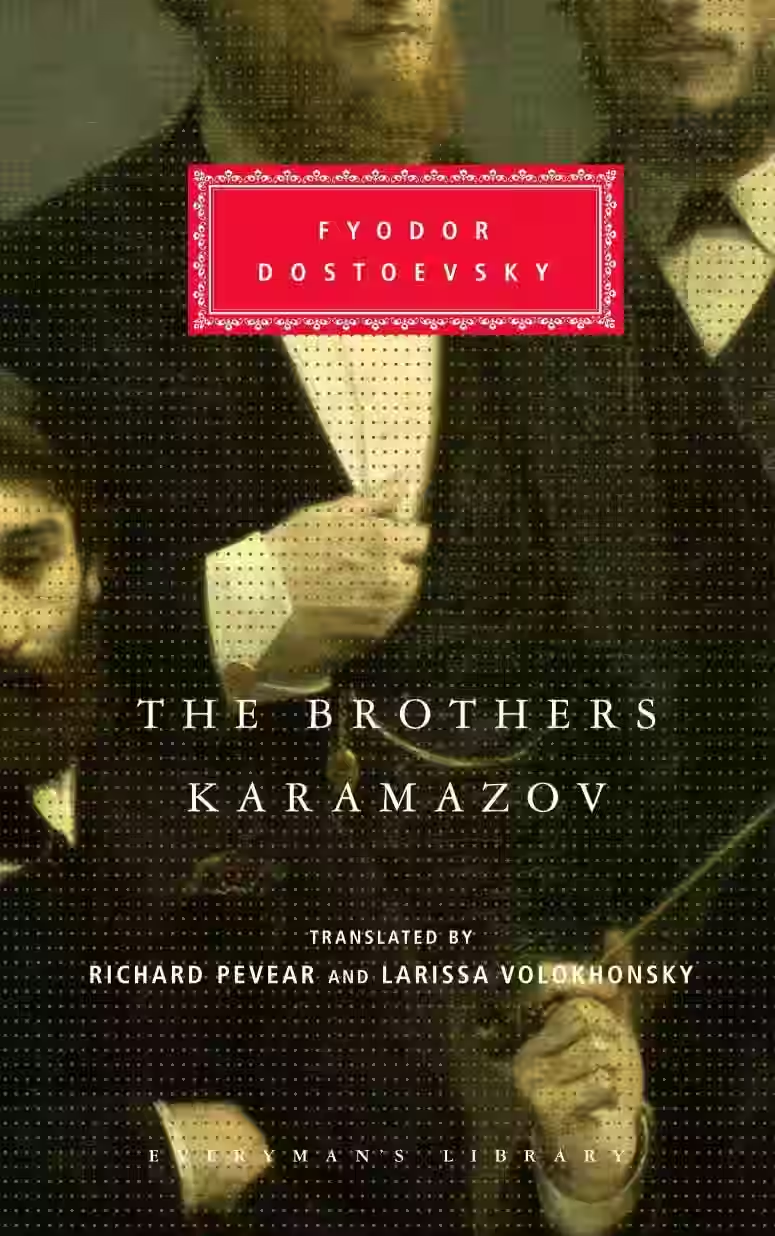
The Brothers Karamazov
The murder of brutal landowner Fyodor Karamazov changes the lives of his sons irrevocably: Mitya, the sensualist, whose bitter rivalry with his father immediately places him under suspicion for parricide; Ivan, the intellectual, driven to breakdown; the spiritual Alyosha, who tries to heal the family's rifts; and the shadowy figure of their bastard half-brother, Smerdyakov. Dostoyevsky's dark masterwork evokes a world where the lines between innocence and corruption, good and evil, blur and everyone's faith in humanity is tested.
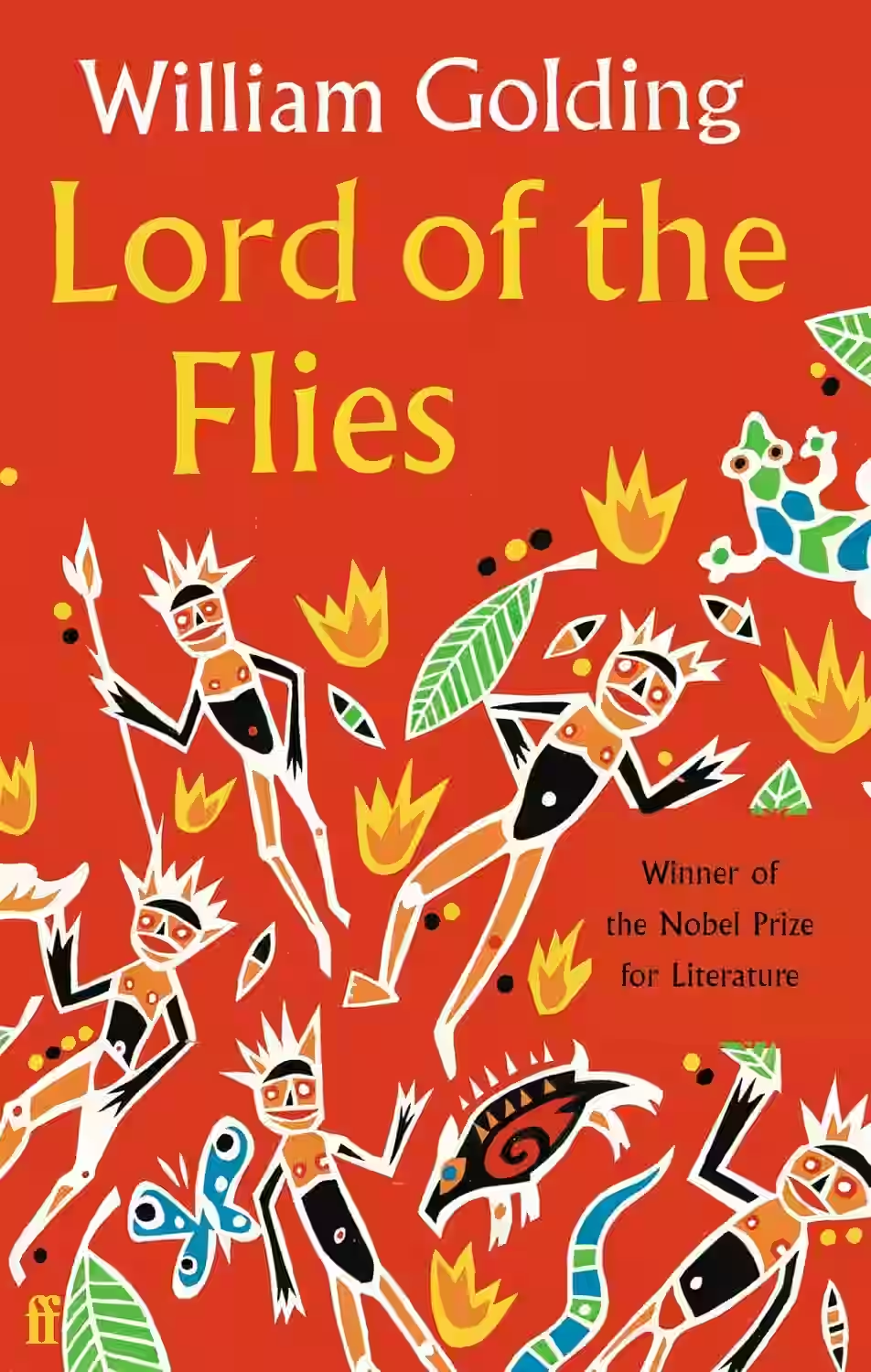
Lord of the Flies
Lord of the Flies by William Golding is a haunting allegorical novel about a group of British schoolboys stranded on a deserted island after a plane crash. Without adult supervision, their attempt to establish order quickly descends into savagery, revealing the thin veneer of civilization. The story follows Ralph, who tries to maintain order, and Jack, who embraces chaos and violence. As fear, power struggles, and primal instincts take over, the boys’ society collapses. Golding explores themes of human nature, morality, and the inherent darkness within mankind. First published in 1954, it remains a powerful critique of civilization and human behavior.
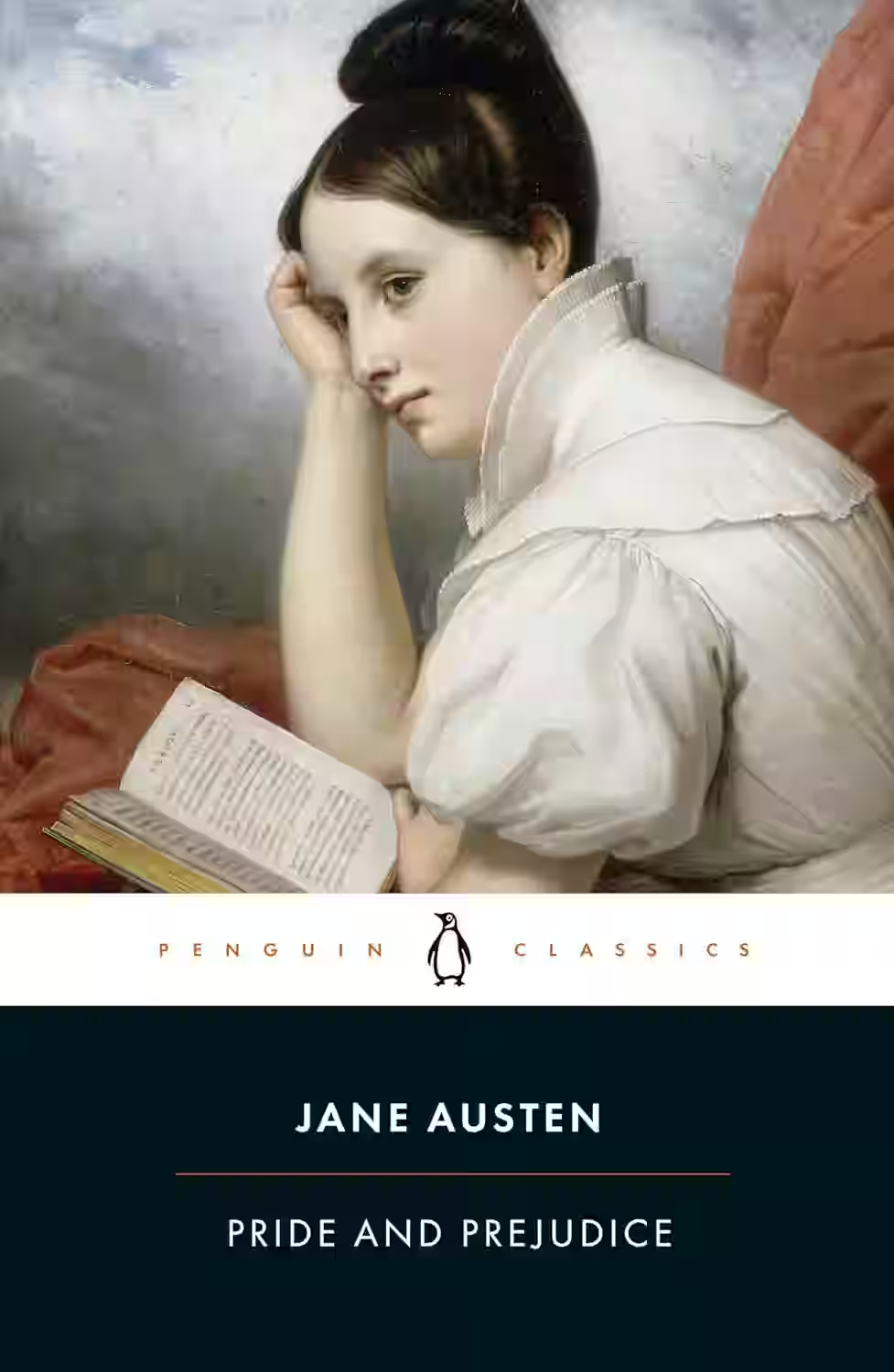
Pride and Prejudice
by Jane Austen
This beloved classic follows the spirited Elizabeth Bennet as she navigates love, marriage, and social status in Georgian-era England. When the wealthy and proud Mr. Darcy enters her life, their mutual prejudices create a complex dance of misunderstanding and growth. Through razor-sharp wit and social commentary, Austen crafts a timeless romance while critiquing class, marriage, and gender roles in 19th-century society.
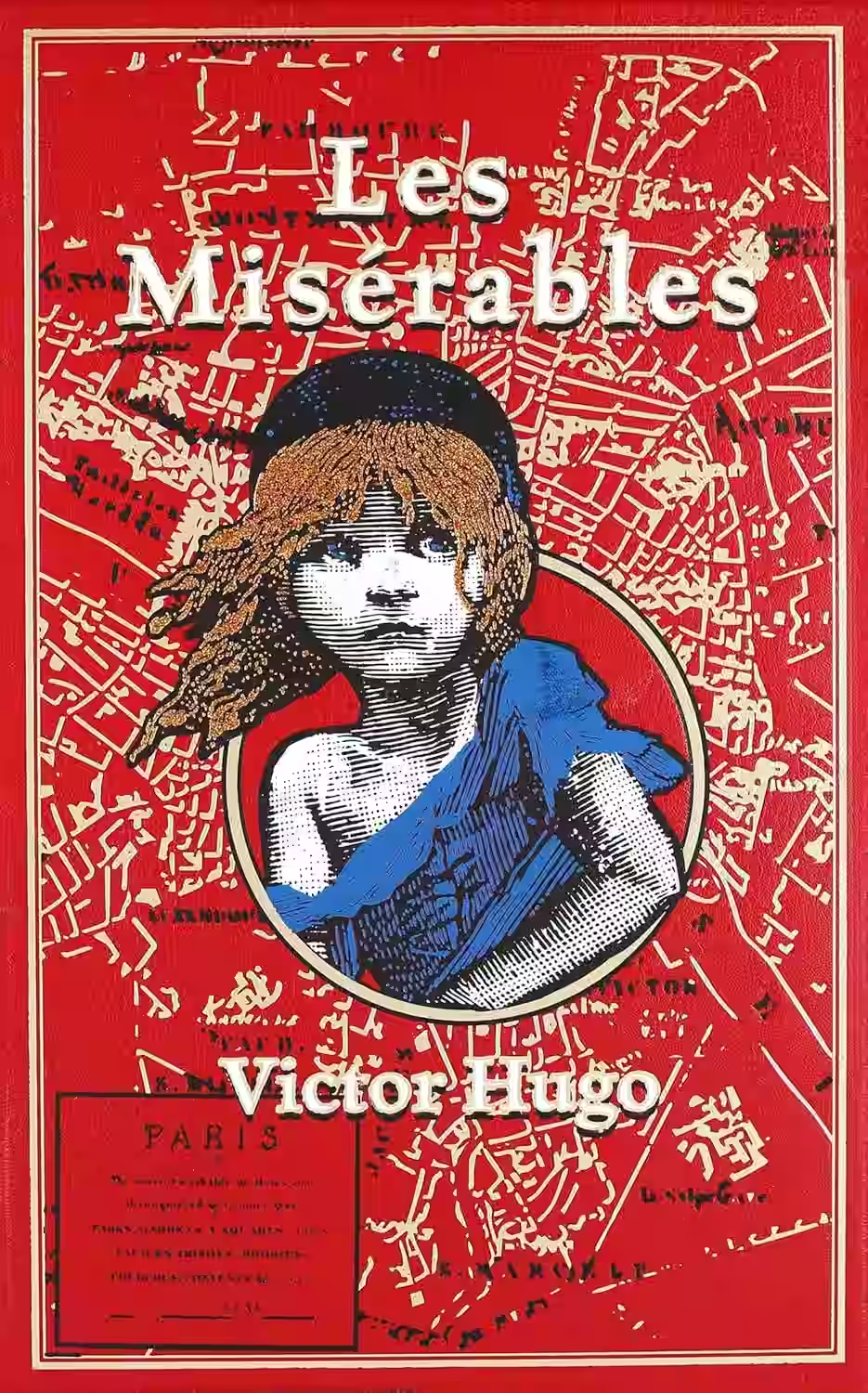
Les Miserables
by Victor Hugo
Victor Hugo’s Les Misérables is an epic novel set in 19th-century France that follows the redemption journey of Jean Valjean, an ex-convict pursued by the rigid inspector Javert. The book weaves together stories of love, revolution, injustice, and mercy, featuring characters like the destitute Fantine, her daughter Cosette, and the student Marius. A profound social commentary on poverty, class, and morality, it combines human drama with philosophical reflection. Its enduring themes and sweeping narrative have made it a cornerstone of classic literature.
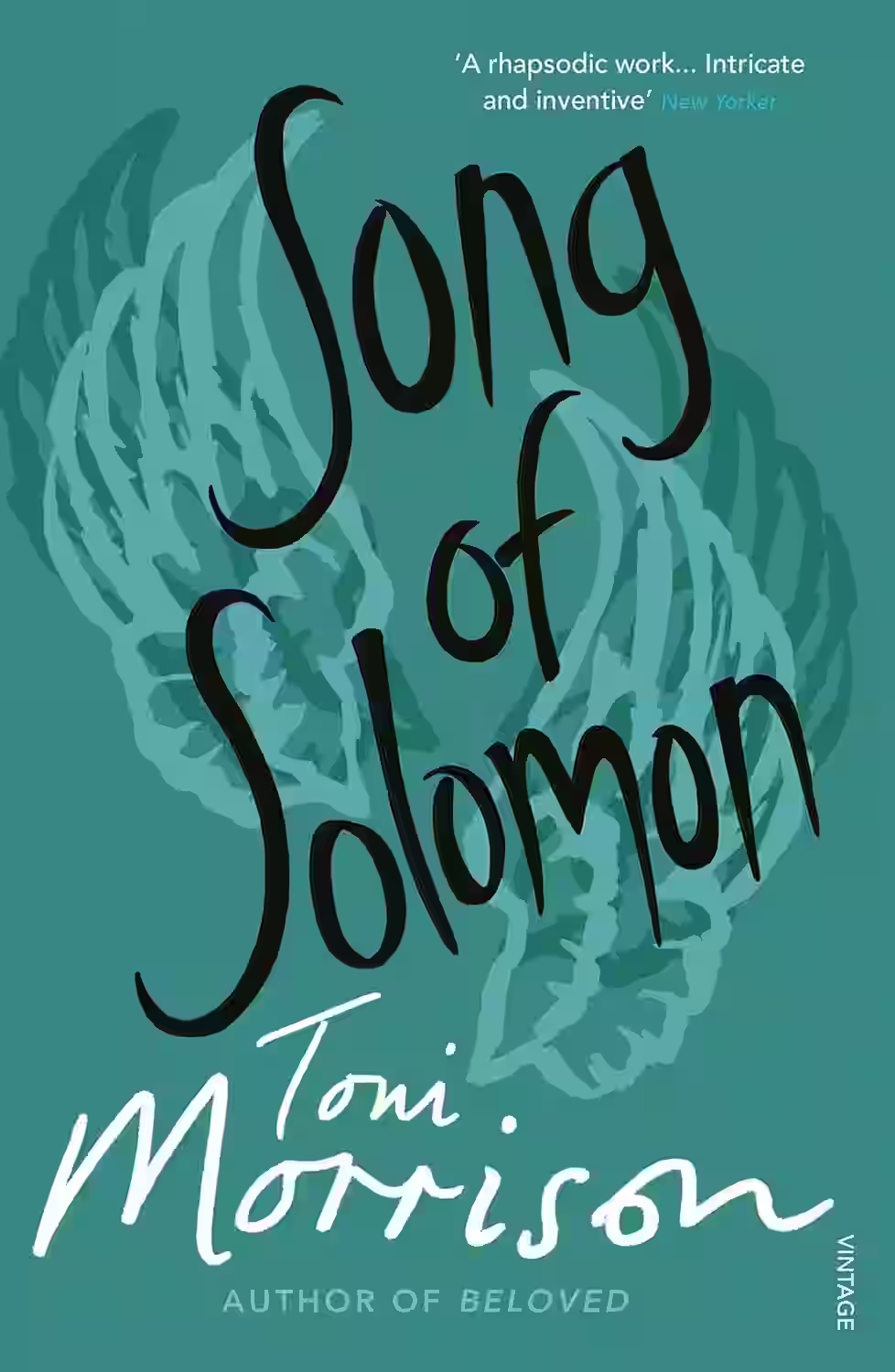
Song of Solomon
Following the life of Macon “Milkman” Dead III, Song of Solomon explores African American identity, family history, and the search for meaning. Blending magical realism with myth and history, Morrison crafts a richly layered narrative about liberation, heritage, and the power of storytelling. A profound, poetic novel that delves into the legacy of trauma and the flight toward freedom.

The Grass is Singing
Set in colonial Rhodesia, this psychological novel explores the fraught relationship between a white woman and her Black servant. When Mary Turner’s fragile life on a remote farm spirals into violence and tragedy, Lessing exposes the corrosive effects of racism, isolation, and repressed emotion. The Grass is Singing is a haunting debut that critiques colonial society and gender dynamics with unflinching honesty.
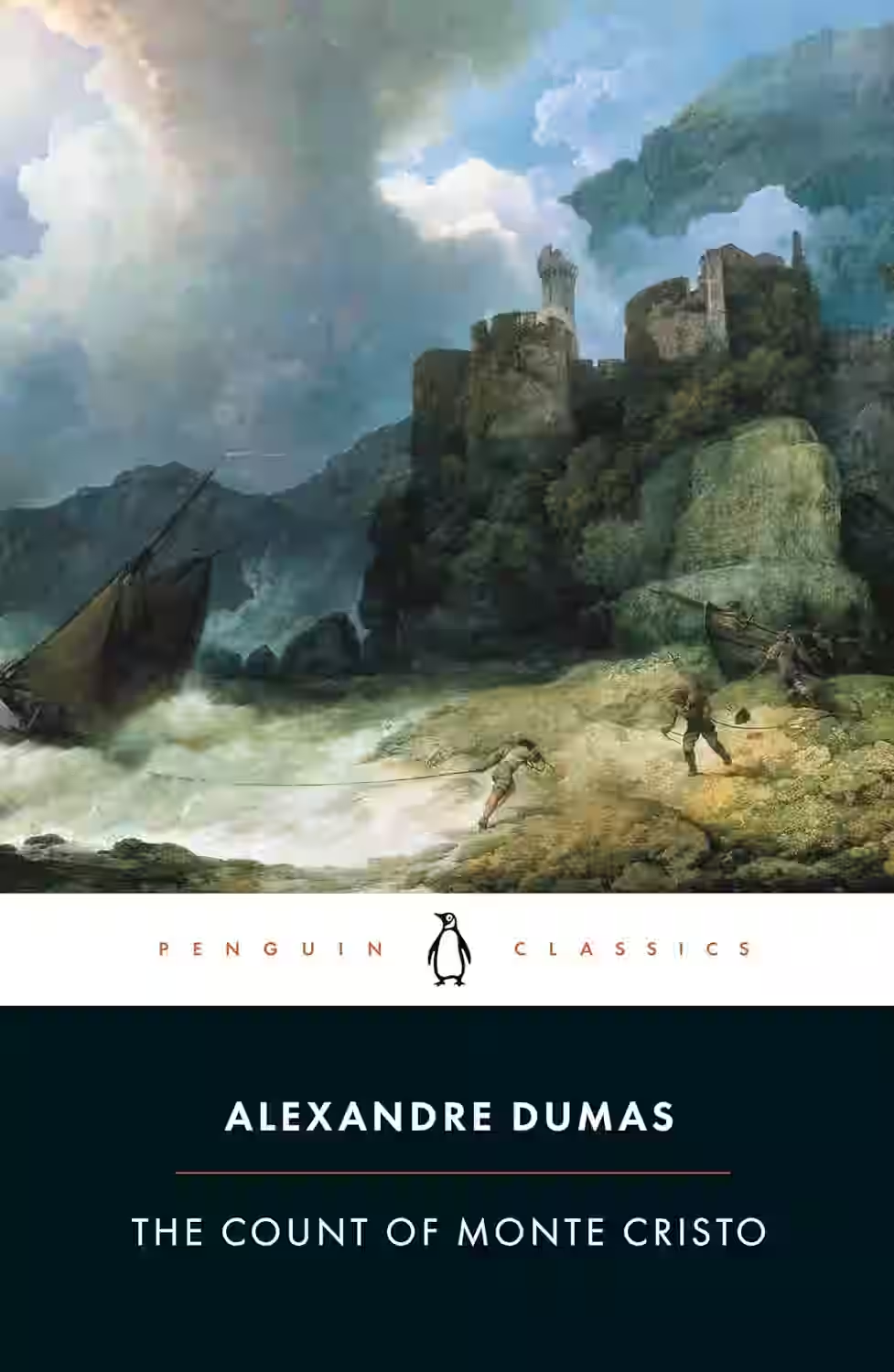
The Count of Monte Cristo
The epic tale of wrongful imprisonment, adventure and revenge, in its definitive translation Thrown in prison for a crime he has not committed, Edmond Dantès is confined to the grim fortress of If. There he learns of a great hoard of treasure hidden on the Isle of Monte Cristo and he becomes determined not only to escape, but also to use the treasure to plot the destruction of the three men responsible for his incarceration. Dumas’ epic tale of suffering and retribution, inspired by a real-life case of wrongful imprisonment, was a huge popular success when it was first serialized in the 1840s.
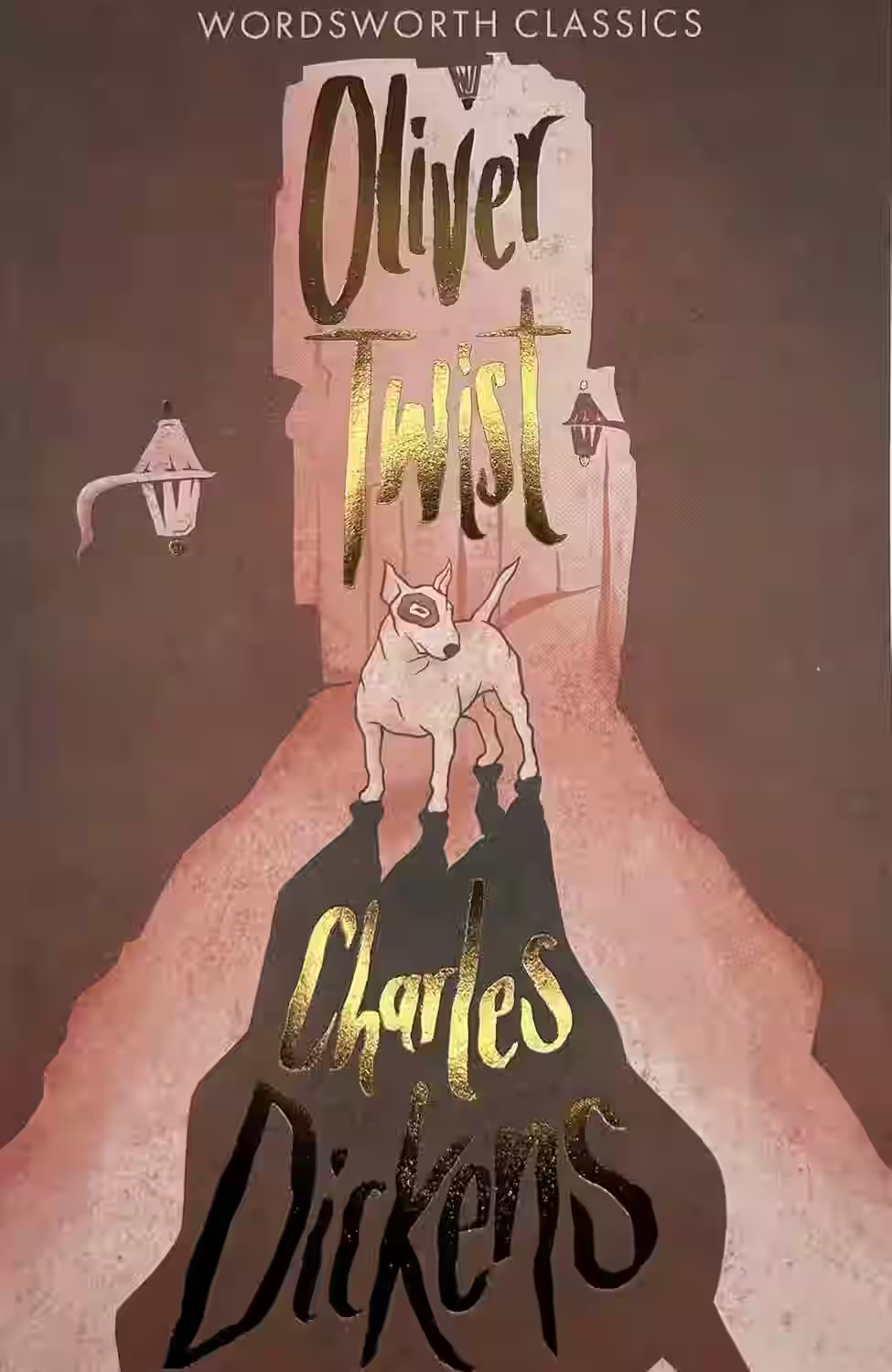
Oliver Twist
The story of Oliver Twist - orphaned, and set upon by evil and adversity from his first breath - shocked readers when it was published. After running away from the workhouse and pompous beadle Mr Bumble, Oliver finds himself lured into a den of thieves peopled by vivid and memorable characters - the Artful Dodger, vicious burglar Bill Sikes, his dog Bull's Eye, and prostitute Nancy, all watched over by cunning master-thief Fagin. Combining elements of Gothic Romance, the Newgate Novel and popular melodrama, Dickens created an entirely new kind of fiction, scathing in its indictment of a cruel society, and pervaded by an unforgettable sense of threat and mystery.
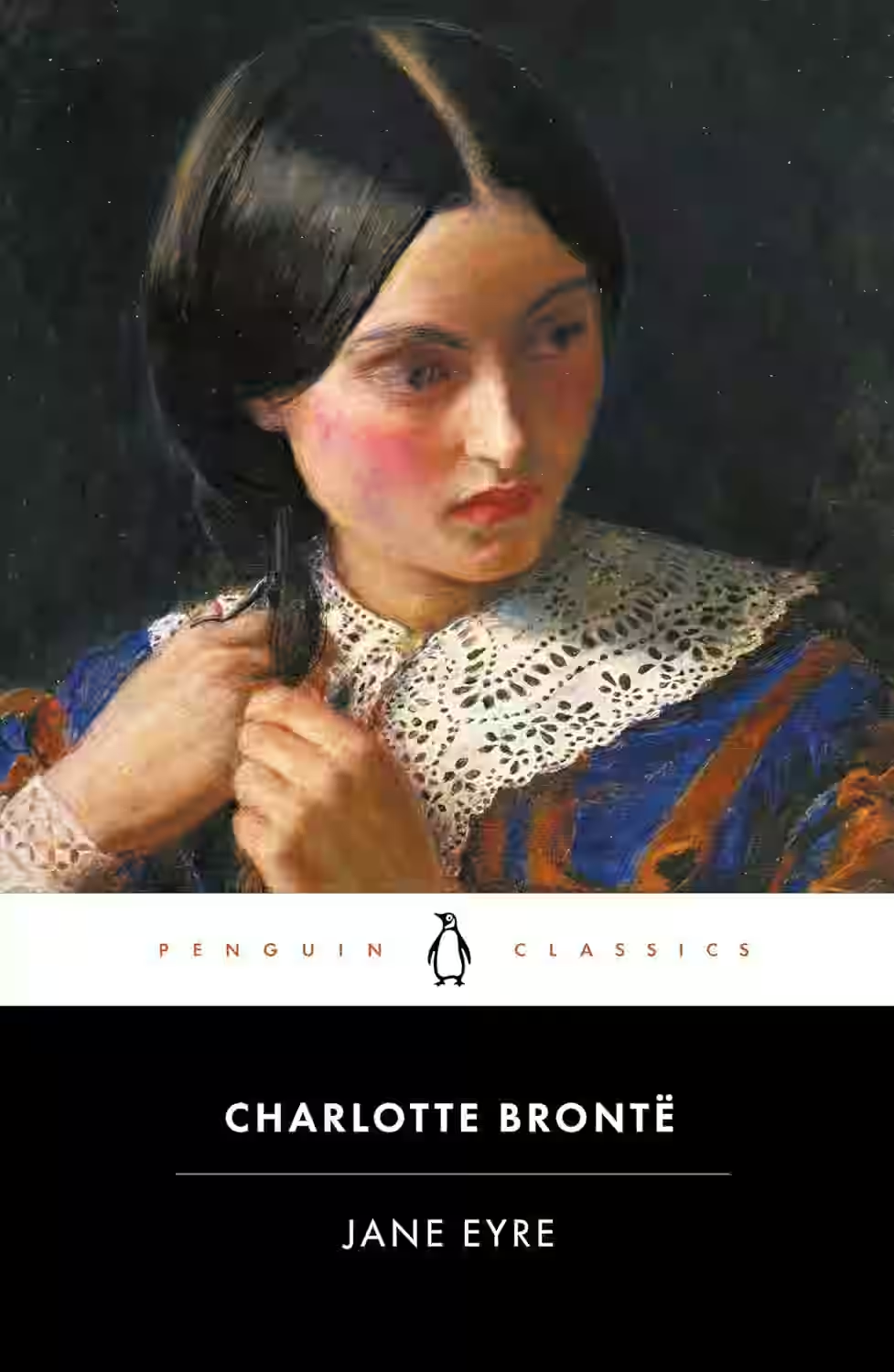
Jane Eyre
Charlotte Brontë’s Jane Eyre follows an orphaned girl who overcomes hardship and repression to find independence and love. As a governess at Thornfield Hall, Jane falls for the brooding Mr. Rochester, only to discover he harbors a dark secret. The novel explores themes of morality, autonomy, gender roles, and spiritual integrity. Noted for its strong, principled heroine and gothic atmosphere, Jane Eyre blends romance with social critique, cementing its place as a foundational feminist and literary classic.
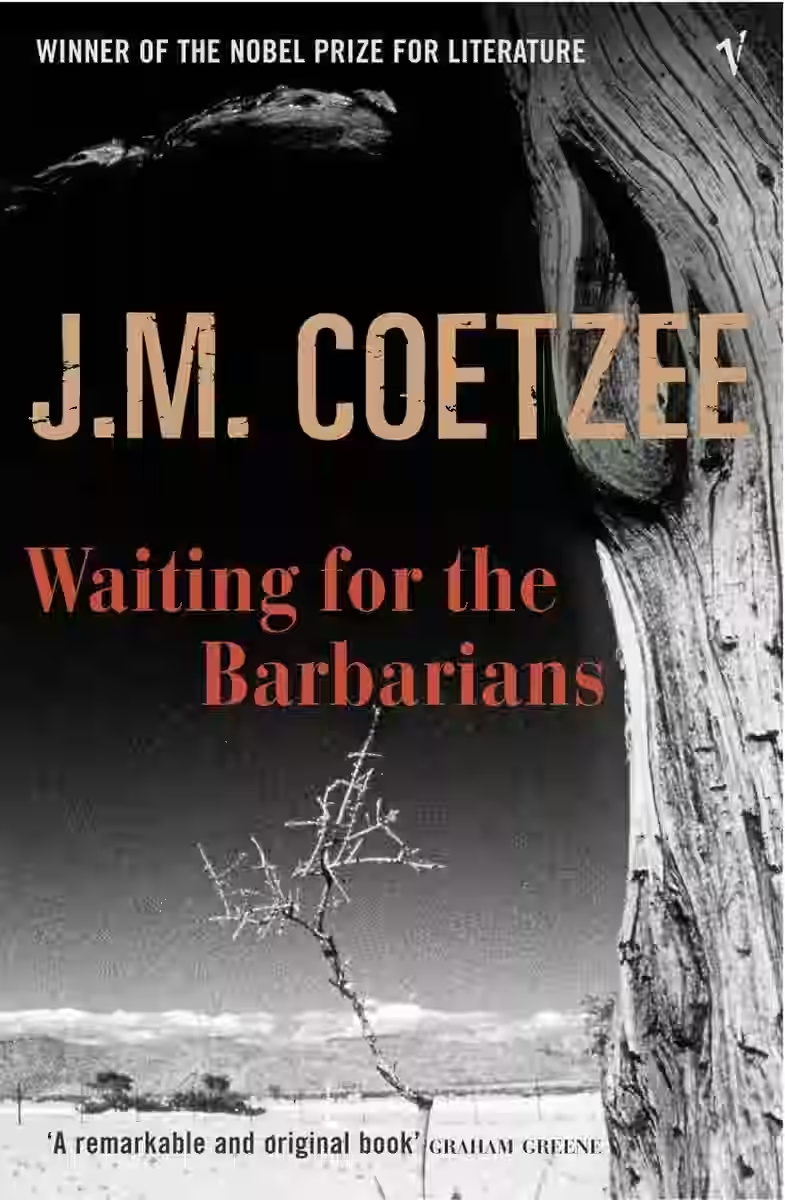
Waiting for the Barbarians
by J.M. Coetzee
In a nameless empire, a magistrate begins to question his complicity in the brutal treatment of “barbarians” as the regime prepares for war. As he empathizes with the so-called enemy, his loyalties shift, leading to personal ruin and moral awakening. Waiting for the Barbarians is a powerful allegory of colonialism, justice, and the psychological toll of dehumanization, written in Coetzee’s spare, haunting prose.
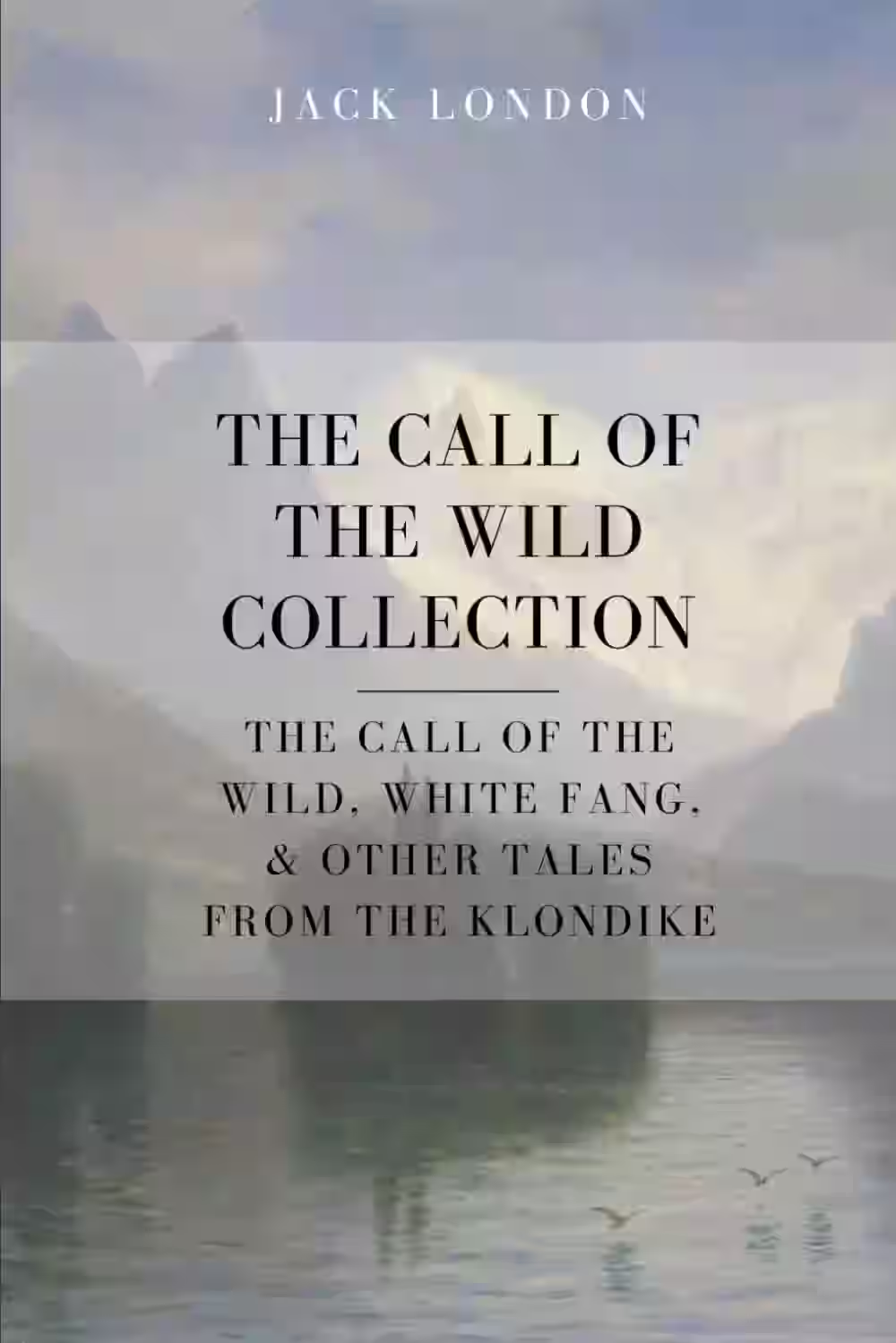
The Call of the Wild
by Jack London
Jack London’s classic novella follows Buck, a domesticated dog stolen from his California home and sold into the brutal life of an Alaskan sled dog. As he confronts harsh conditions and primal instincts, Buck gradually reverts to his wild ancestry. The story is a powerful exploration of survival, instinct, and the tension between civilization and nature. Set during the Klondike Gold Rush, it combines adventure with philosophical reflection, offering insight into both animal behavior and human nature.
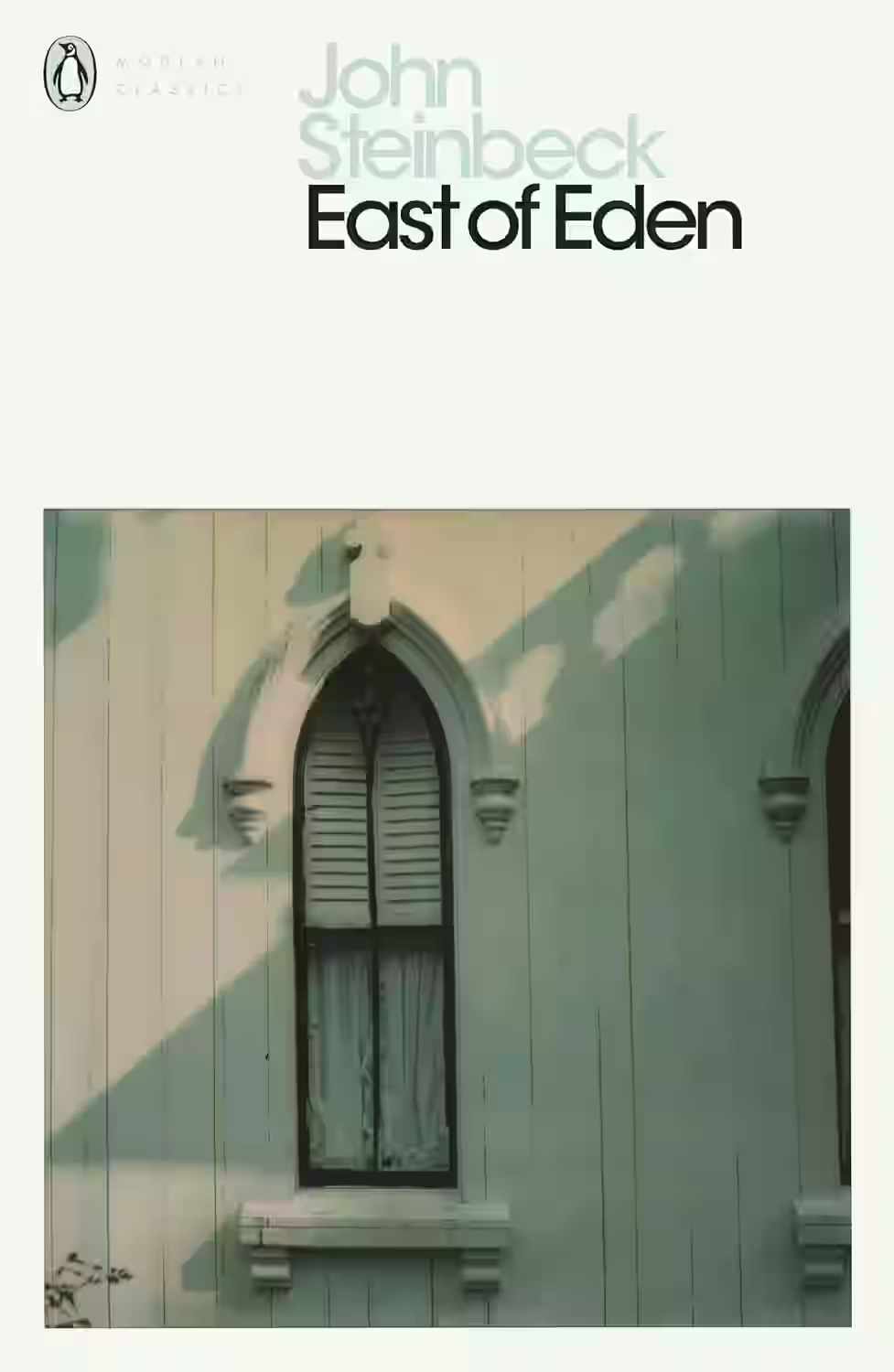
East of Eden
Set in the rich farmland of the Salinas Valley, California, this powerful, often brutal novel, follows the interwined destinies of two families - the Trasks and the Hamiltons - whose generations hopelessly re-enact the fall of Adam and Eve and the poisonous rivalry of Cain and Abel. Here Steinbeck created some of his most memorable characters and explored his most enduring themes- the mystery of indentity; the inexplicability of love, and the murderous consequences of love's absence.
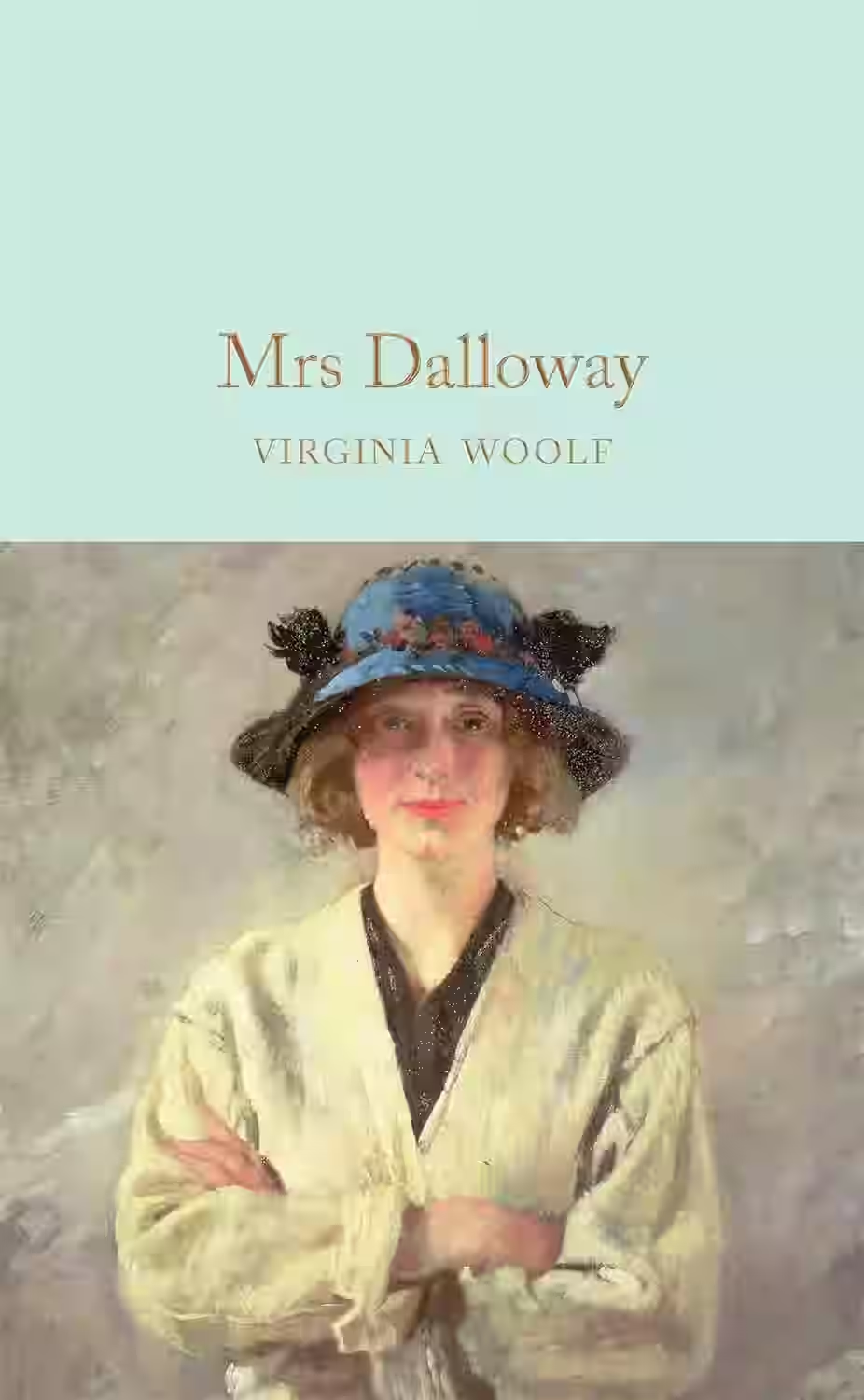
Mrs. Dalloway
Spanning a single day in post-WWI London, Mrs. Dalloway follows Clarissa Dalloway as she prepares for a party, reflecting on her past, identity, and social roles. Woolf’s stream-of-consciousness narrative shifts seamlessly between characters, including a war-scarred veteran, exposing inner lives and existential concerns. It’s a lyrical meditation on time, memory, and the fragile fabric of human connection in a rapidly changing world.
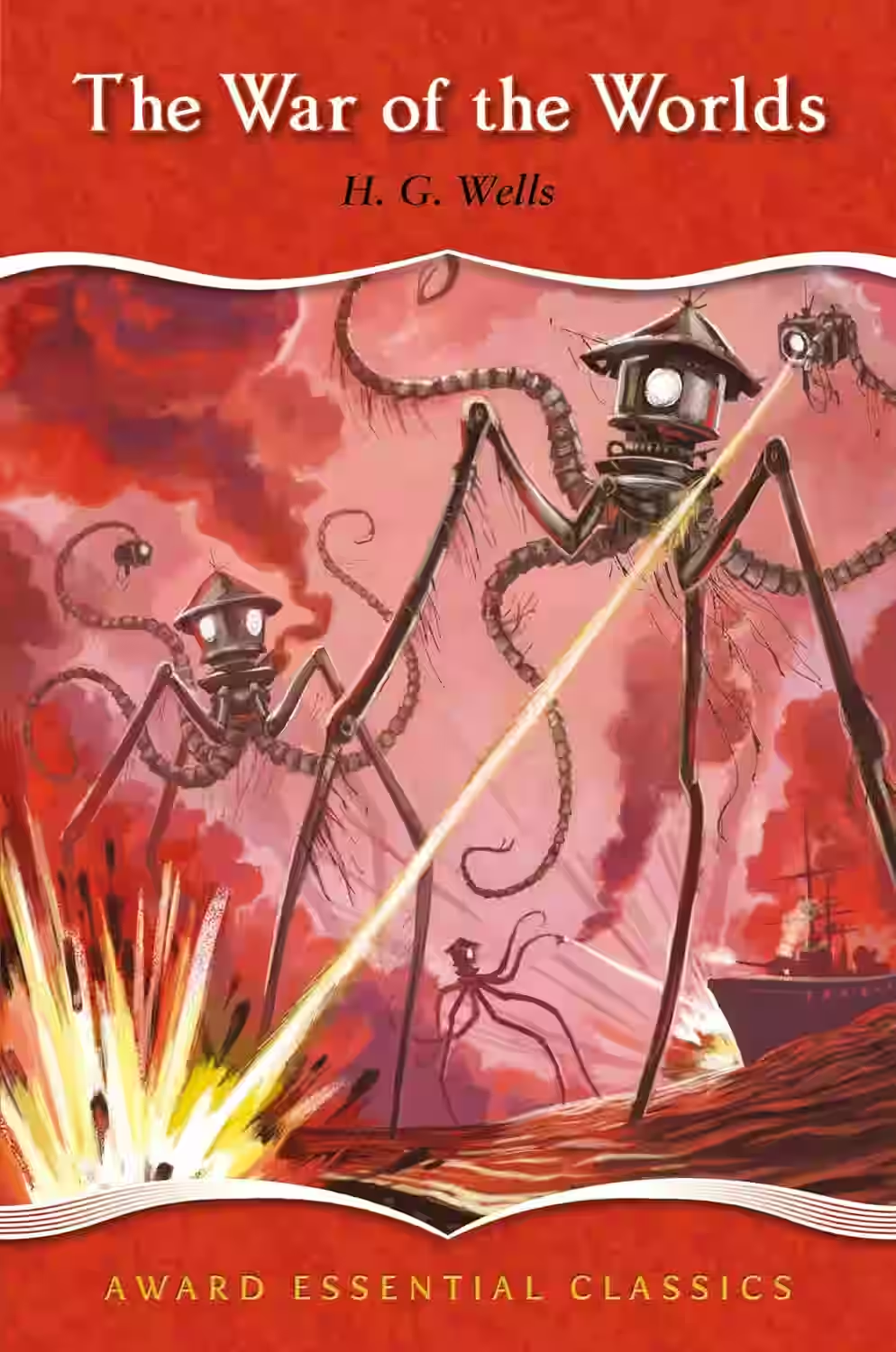
War of the Worlds
by H.G. Wells
H.G. Wells' The War of the Worlds is a pioneering science fiction novel depicting a Martian invasion of Earth. Set in late 19th-century England, the story follows an unnamed narrator as he witnesses the arrival of Martians in massive cylinders, leading to widespread destruction with their advanced weaponry. As society collapses, the narrator struggles for survival amidst chaos. Wells explores themes of imperialism, human vulnerability, and the potential insignificance of mankind in the universe. The novel's suspenseful narrative and social commentary have cemented its status as a classic in speculative fiction.
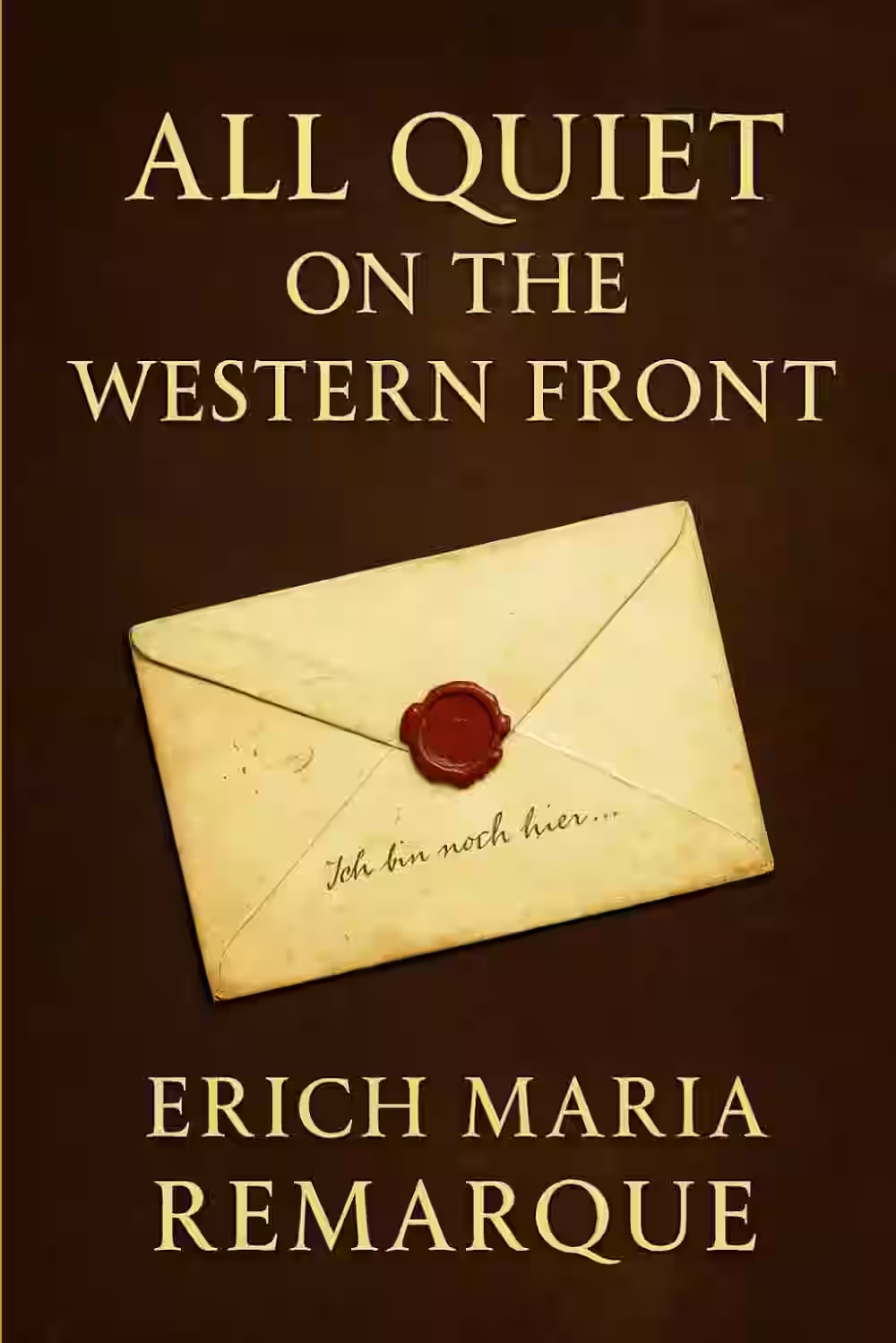
All Quiet on the Western Front
Erich Maria Remarque's 'All Quiet on the Western Front' is a poignant and harrowing anti-war novel that sheds light on the devastating impact of World War I on soldiers. The story follows young German soldier Paul Baumer as he navigates the brutalities and senseless violence of war, challenging the romanticized notions of heroism and patriotism. Through vivid prose and stark imagery, Remarque captures the physical and psychological toll of battle, highlighting themes of camaraderie, trauma, and disillusionment. The novel's stark realism and timeless message continue to resonate with readers, offering a sobering reflection on the futility of war.
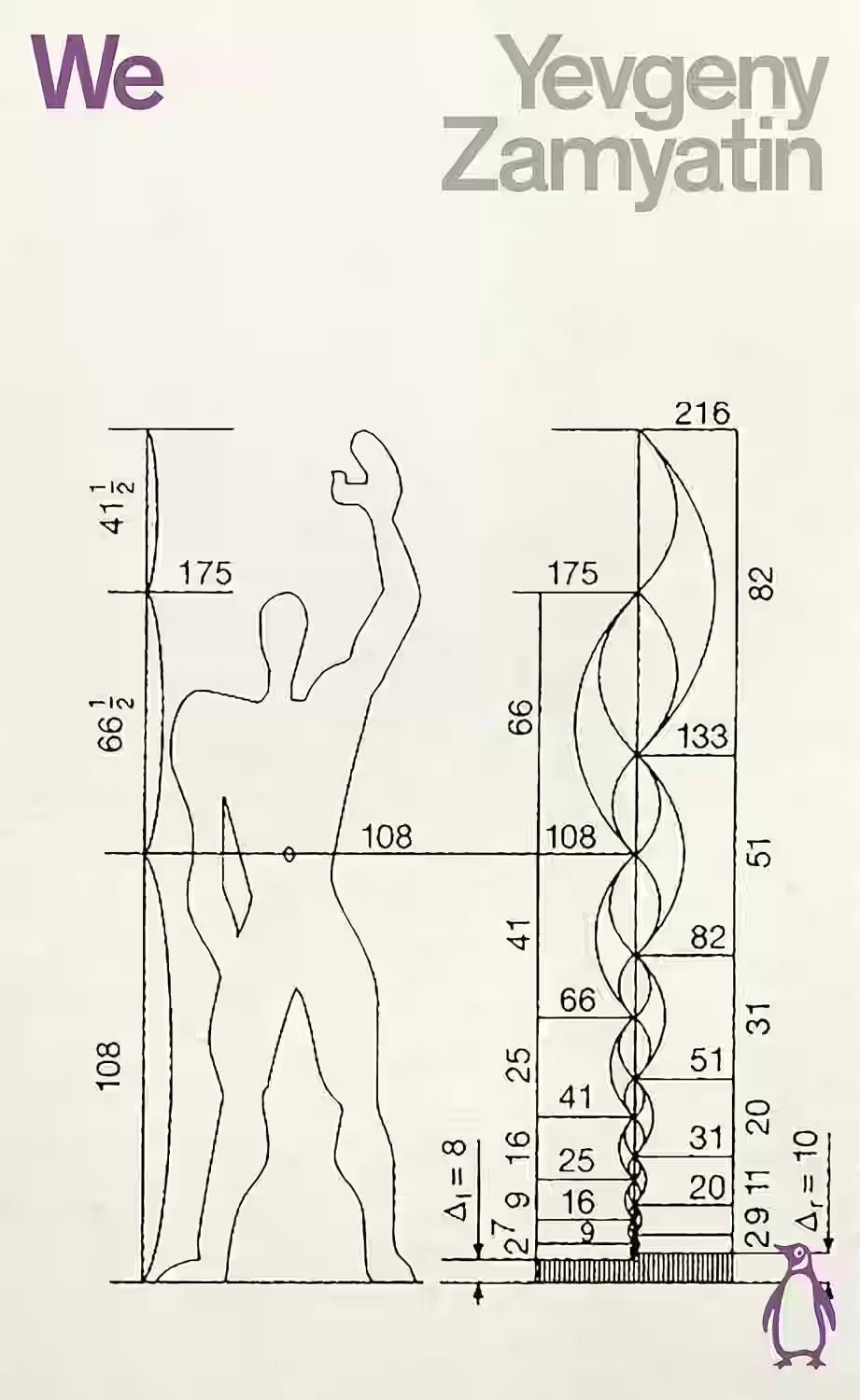
We
Yevgeny Zamyatin's "We" is a seminal piece of dystopian literature that prefigures many themes explored by later classic works like Orwell's "1984" and Huxley's "Brave New World." Set in the highly regimented One State, a society where individuals are mere cogs in a larger machine and personal freedom is subjugated to an absolute and oppressive ideology, the novel explores the nature of individuality and freedom through the protagonist, D-503, a mathematician who begins to question the infallibility of the state after falling in love with a mysterious woman. Zamyatin's work is notable not just for its powerful narrative and rich characterizations, but also for its incisive critique of authoritarianism and its enduring philosophical questions about the human condition, making it a profound and timeless read.
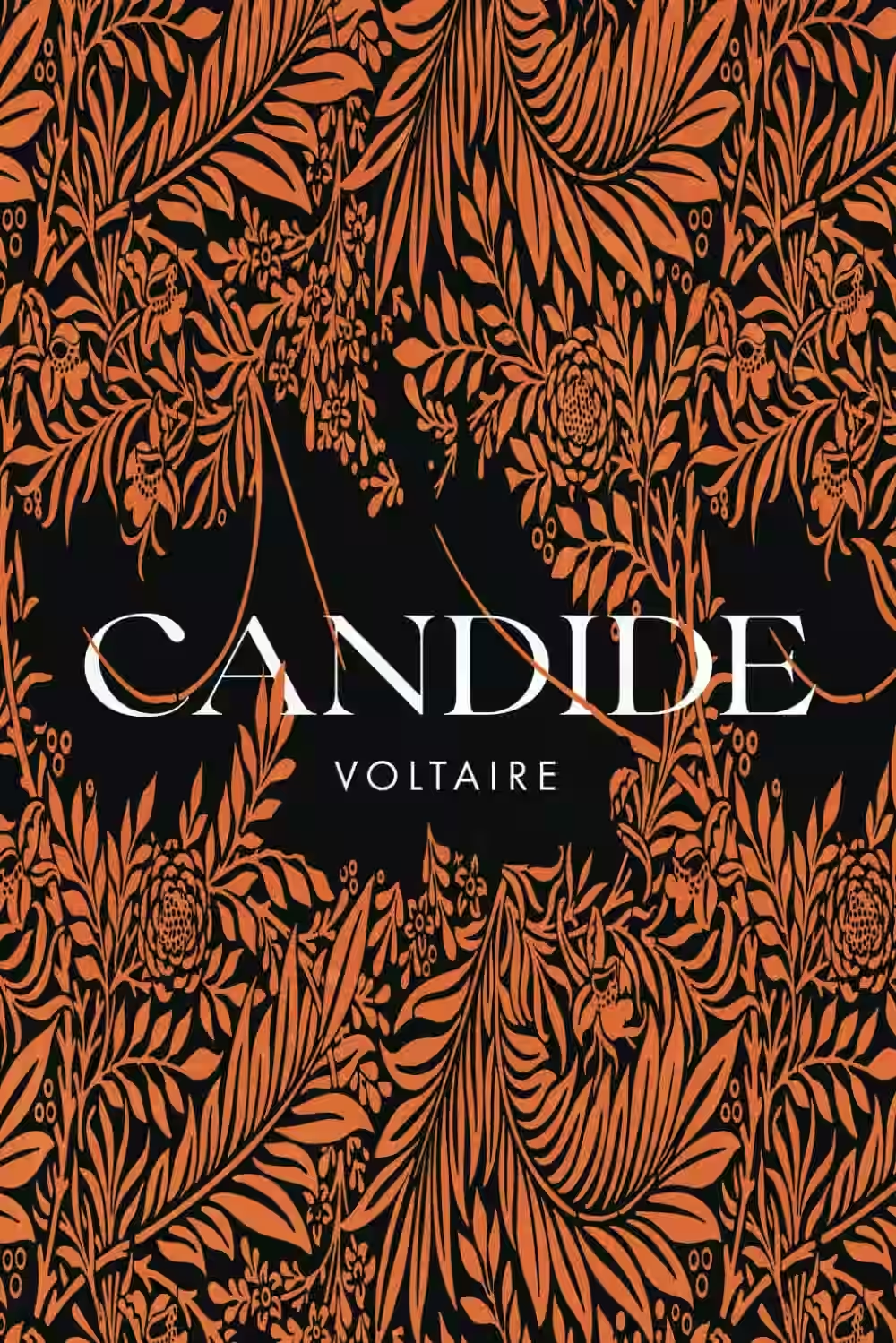
Candide
by Voltaire
Voltaire’s satirical novella follows the optimistic Candide as he travels the world facing war, disaster, and betrayal. Guided by the philosophy that “all is for the best,” Candide endures misfortunes that challenge this belief. A biting critique of blind optimism, religious hypocrisy, and societal corruption, Candide blends absurdity and wit with Enlightenment-era commentary. It remains a seminal work in Western literature for its sharp humor and philosophical depth.
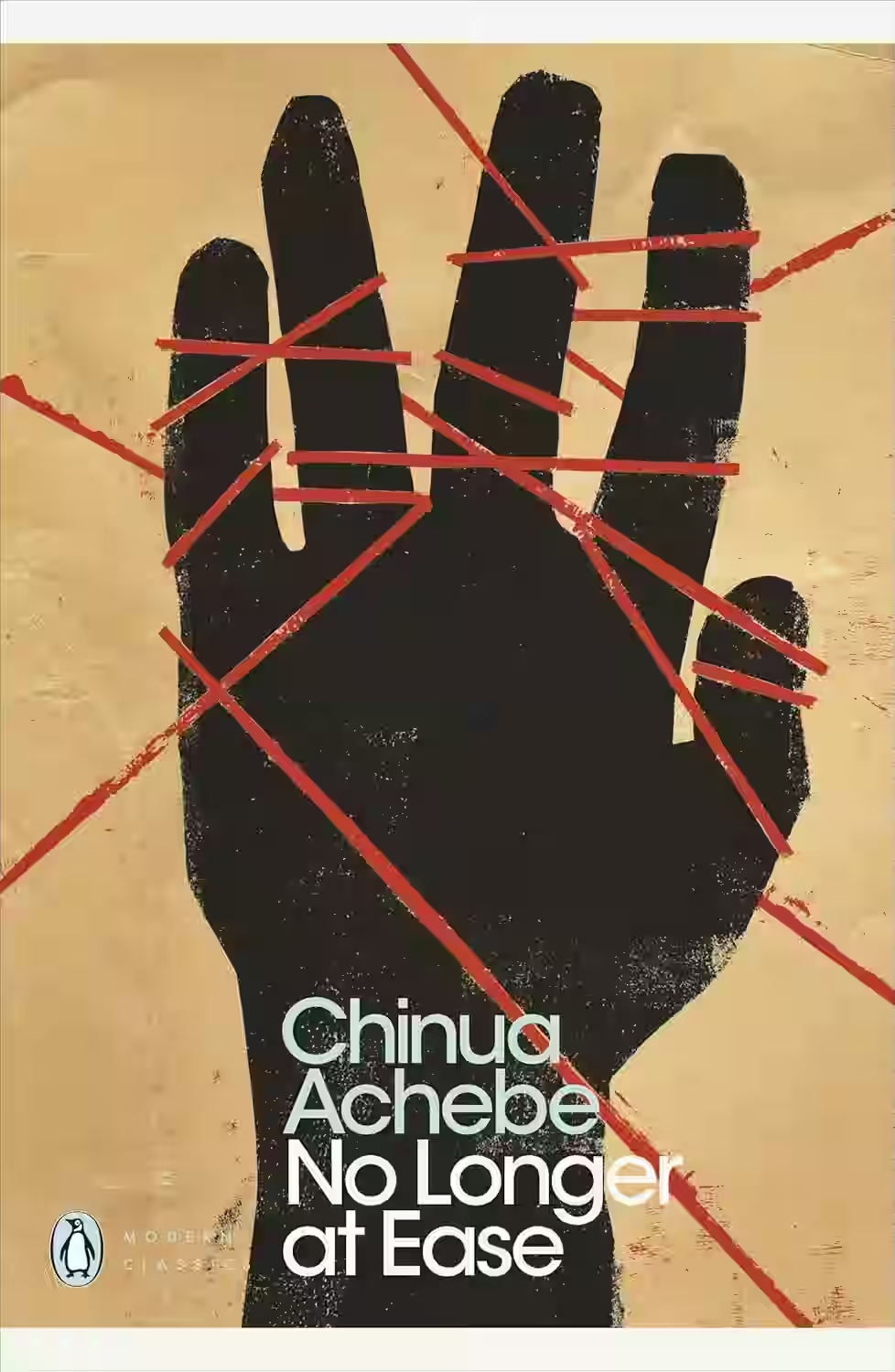
No Longer at Ease
A sequel to Things Fall Apart, this novel follows Obi Okonkwo, a young Nigerian returning from England with high hopes—only to be caught between traditional values and colonial bureaucracy. As corruption and moral conflict mount, Obi’s idealism erodes. Achebe explores post-colonial identity, cultural conflict, and disillusionment with subtle power and emotional depth.
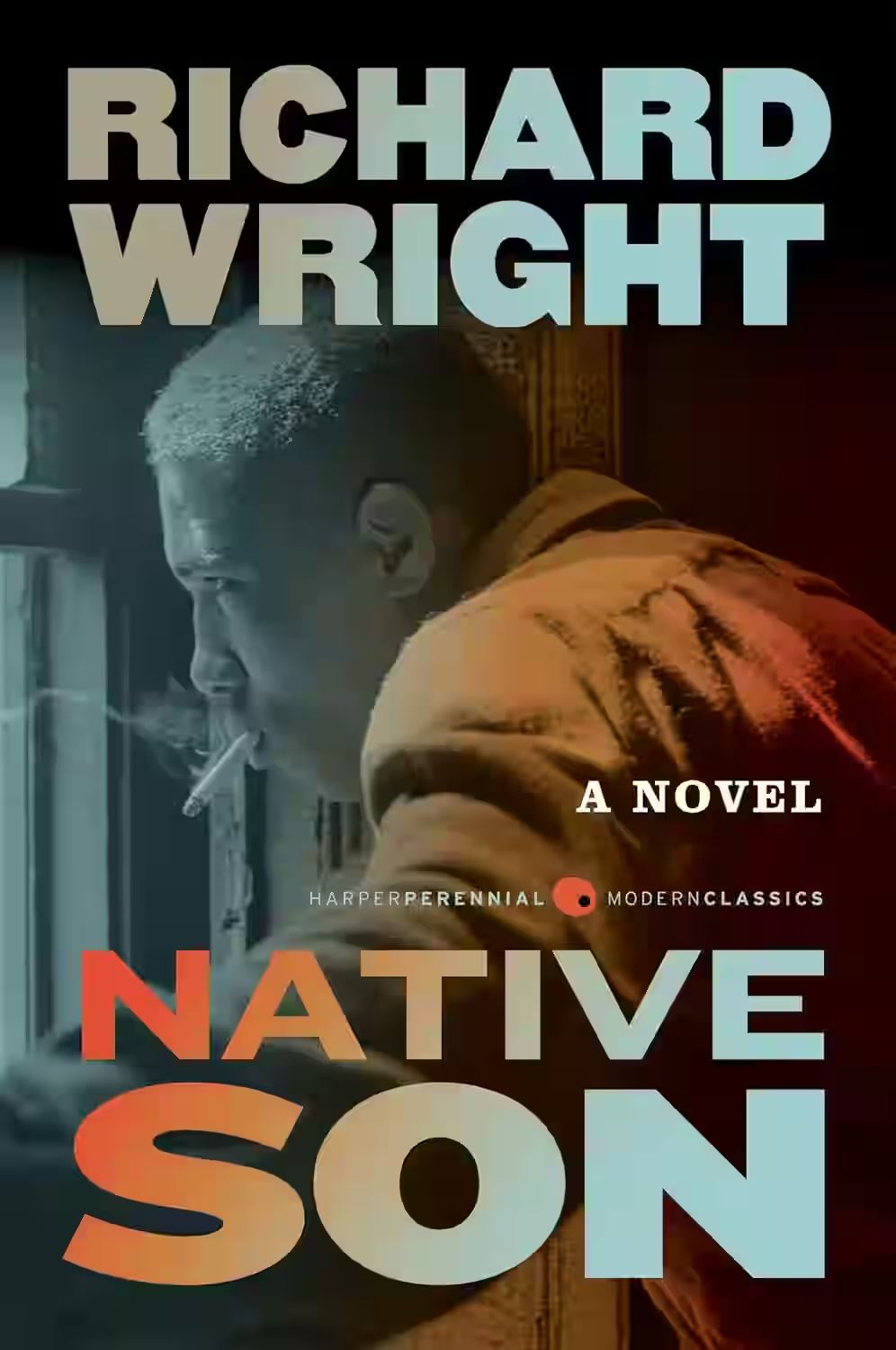
Native Son
Richard Wright's groundbreaking novel 'Native Son' follows the life of Bigger Thomas, a young African American man living in poverty in 1930s Chicago. The story delves into the complexities of race, poverty, and systemic oppression as Bigger becomes entangled in a series of events culminating in a tragic crime. Wright masterfully confronts the dehumanizing effects of racism and portrays the psychological turmoil of its protagonist with raw honesty. 'Native Son' serves as a powerful commentary on the societal forces that shape individuals and is a gripping exploration of fear, power, and identity in a racially divided America.
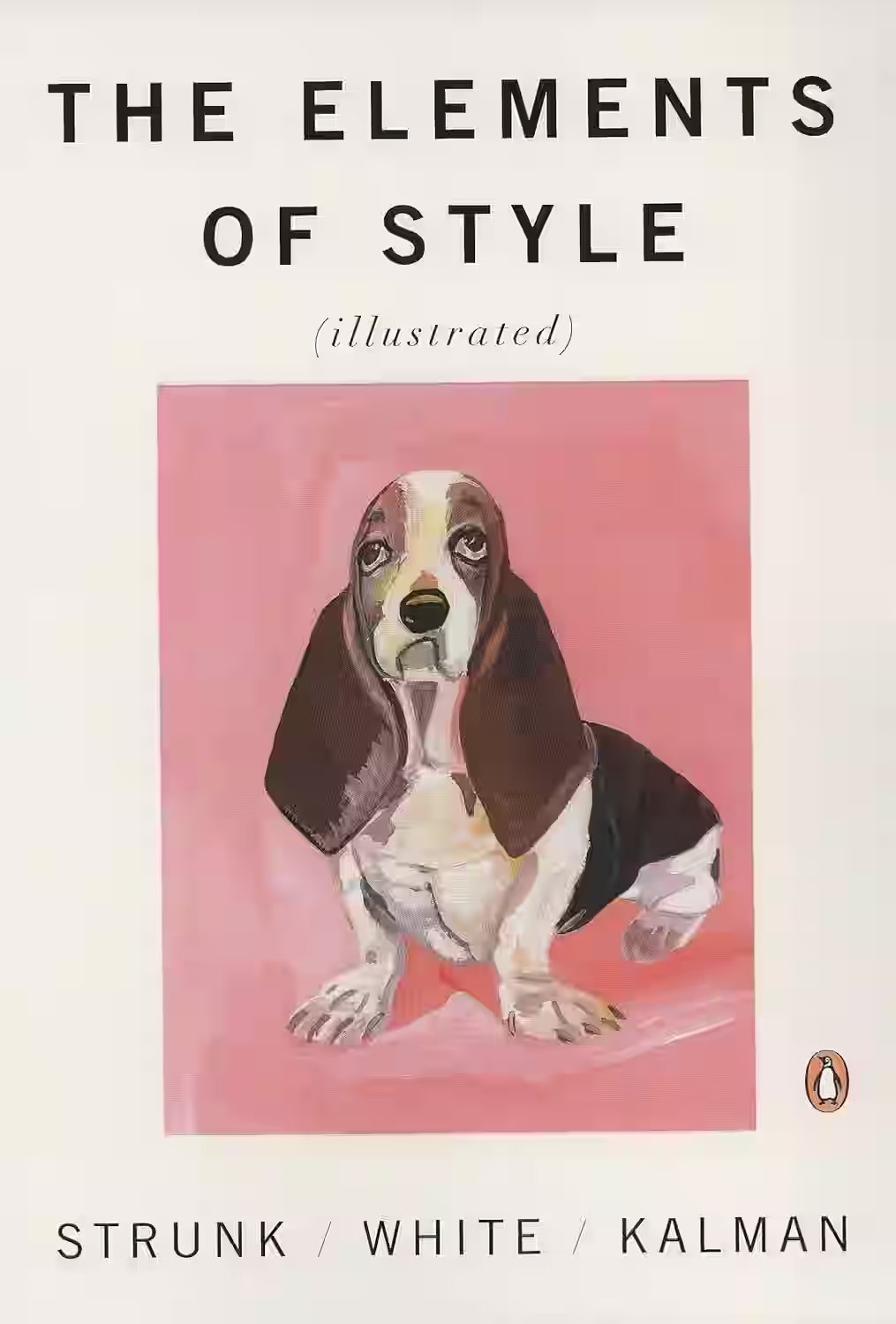
The Elements of Style
by William Strunk Jr., E.B. White
First published in 1918 and revised by E.B. White in 1959, The Elements of Style is a timeless guide to clear and effective writing. With concise rules on grammar, usage, and composition, it emphasizes clarity, brevity, and simplicity. Writers are encouraged to “omit needless words” and favor the active voice. Though compact, the book has had a lasting impact on generations of writers, from students to professionals. Its witty tone and practical advice make it a beloved reference. Whether you're writing essays, articles, or novels, The Elements of Style is an essential manual for mastering the craft of writing.
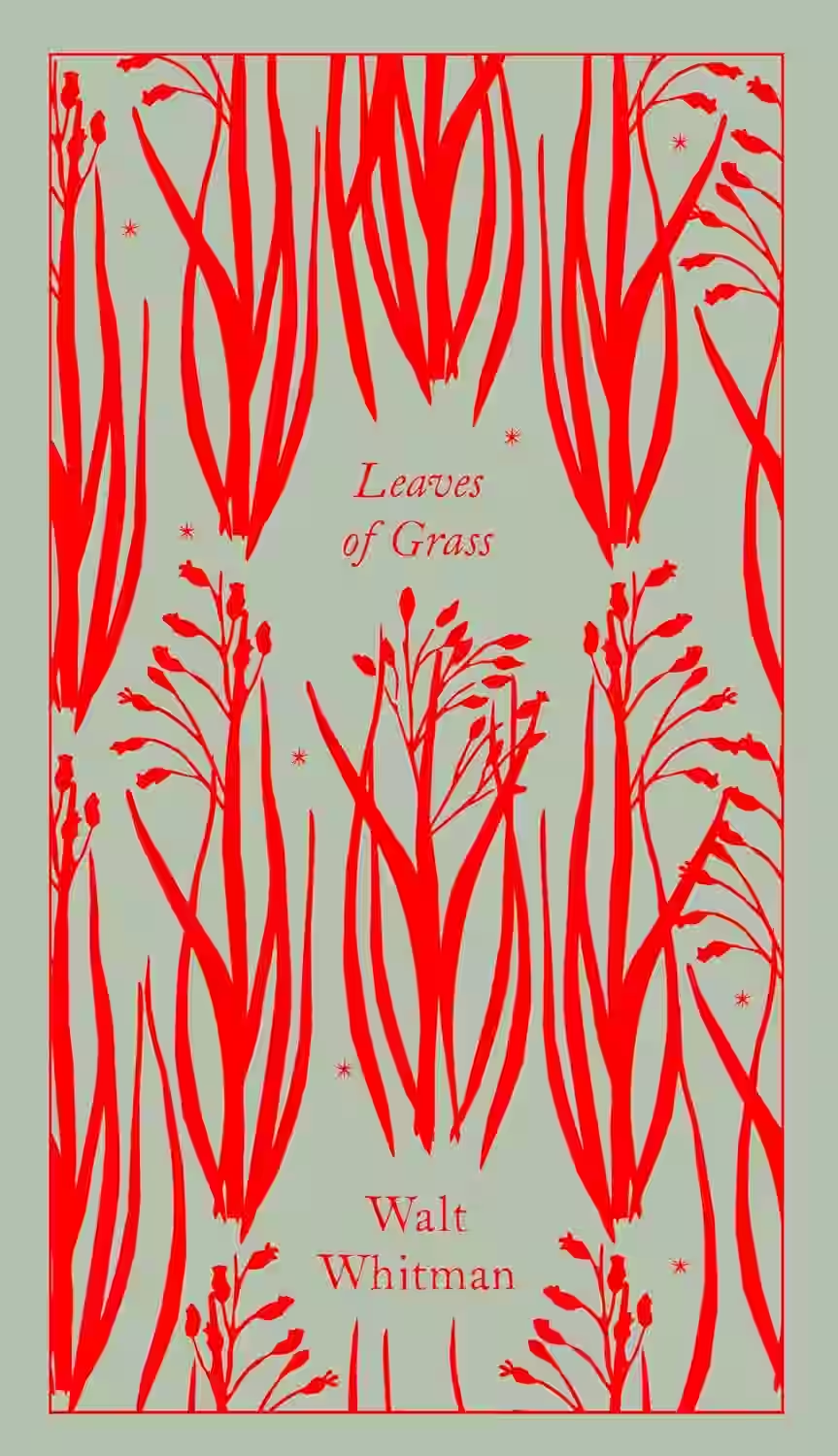
Leaves of Grass
by Walt Whitman
Leaves of Grass is Walt Whitman’s life work: a revolutionary poetry collection celebrating individuality, nature, democracy, and the human spirit. With free verse and vivid imagery, Whitman captures the vitality of 19th-century America and the transcendence of the self. Constantly revised over his lifetime, it includes iconic poems like “Song of Myself.” It’s a lyrical, sensual, and philosophical exploration of being, unbound by traditional poetic form.
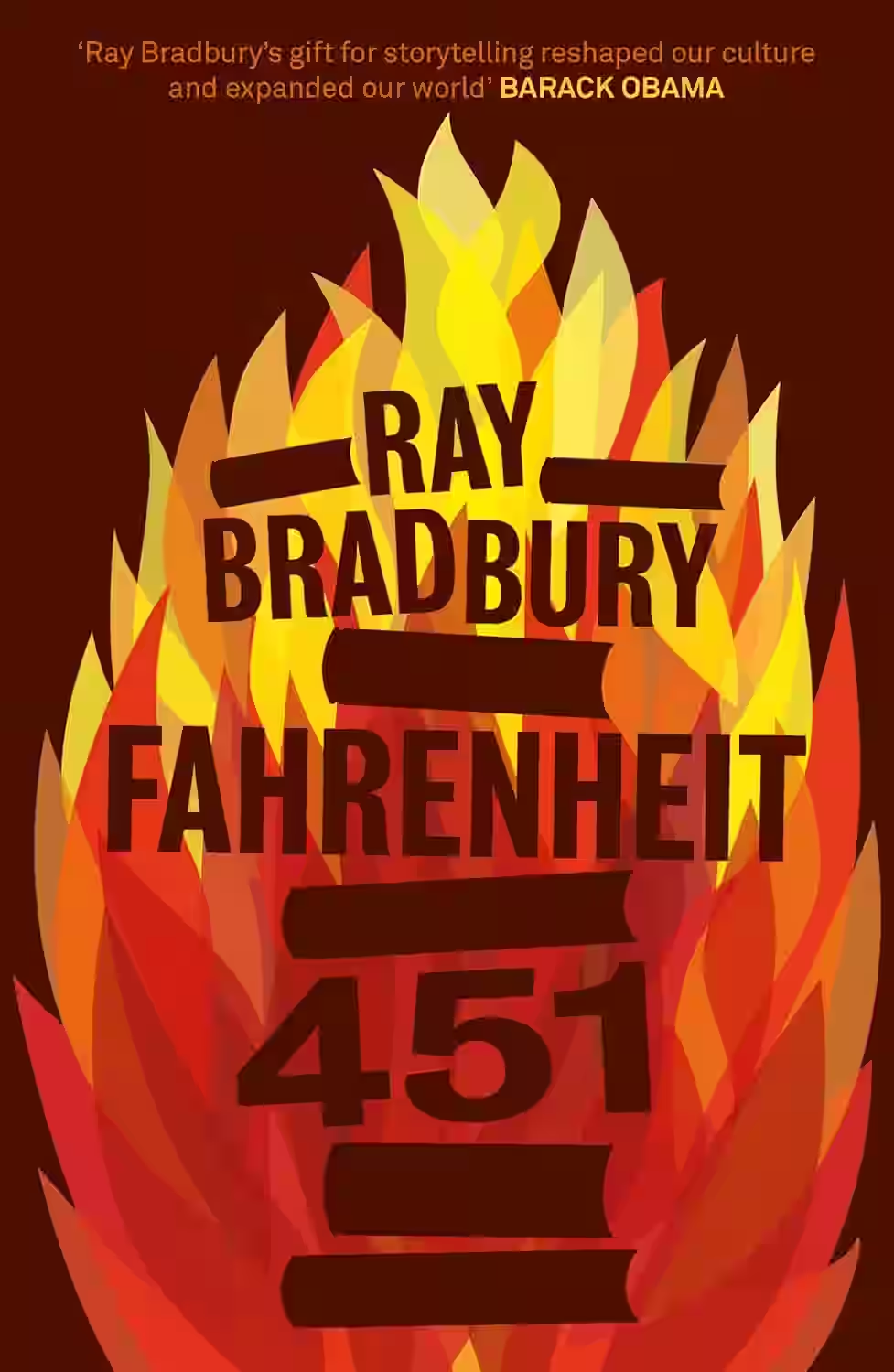
Fahrenheit 451
by Ray Bradbury
Ray Bradbury's "Fahrenheit 451" is a profound dystopian novel that delves into the consequences of a society bereft of critical thinking and free expression. Set in a future where books are banned and 'firemen' burn any that are found, the narrative follows Guy Montag, a fireman who begins to question his role in suppressing knowledge. The novel explores themes of censorship, the dehumanizing effects of technology, and the power of literature to inspire change. Bradbury's incisive commentary on conformity and intellectual repression remains remarkably pertinent, making it a timeless critique of society's foibles and the resilience of the human spirit in the pursuit of truth.
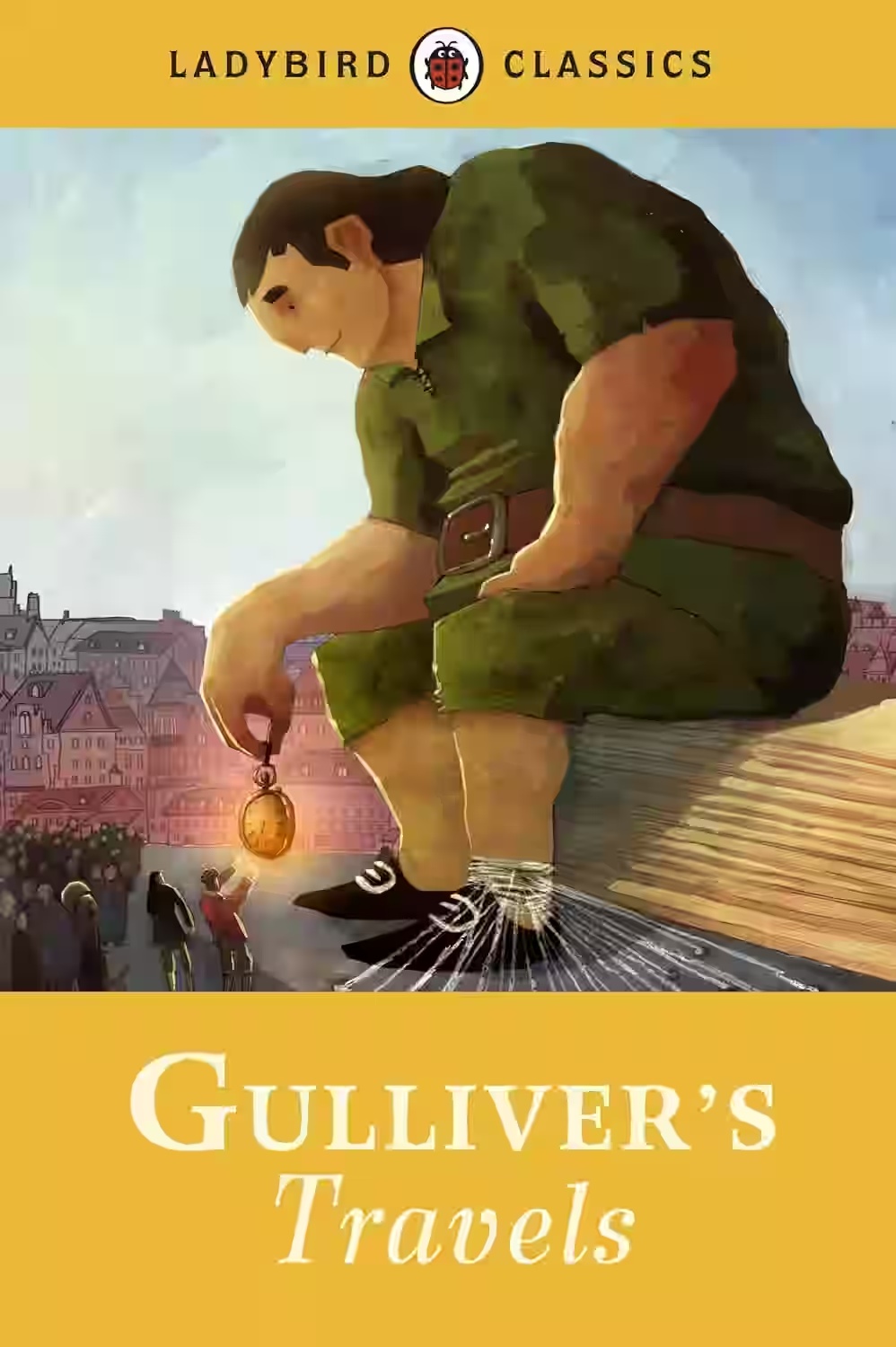
Gulliver’s Travels
This satirical classic follows Lemuel Gulliver’s fantastical voyages to strange lands—from tiny Lilliputians to giant Brobdingnagians, and beyond. Each journey critiques human nature, politics, and society through absurdity and exaggeration. Beneath its fantastical surface lies sharp social commentary on power, pride, and cultural hypocrisy. Swift’s wit and imagination make Gulliver’s Travels a timeless work of political satire and philosophical reflection, as relevant today as when it was published in 1726.
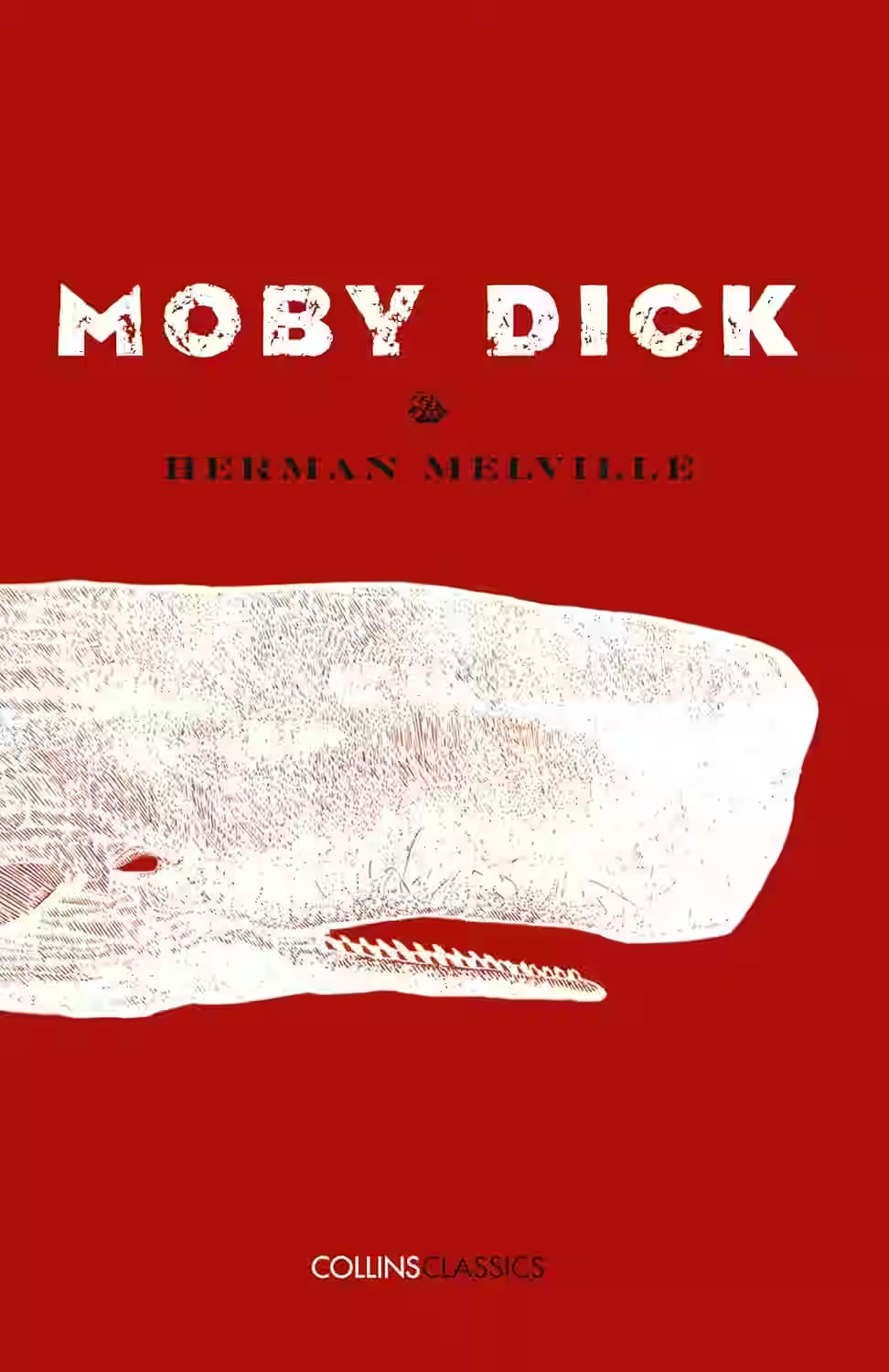
Moby Dick
Moby Dick is Herman Melville's classic novel about Captain Ahab's relentless pursuit of the white whale, Moby Dick. Through captivating prose and stimulating characters, Melville explores themes of revenge, fate, and the power of the sea. A timeless tale of adventure and obsession, Moby Dick has inspired countless readers and remains one of the most beloved books in literature.